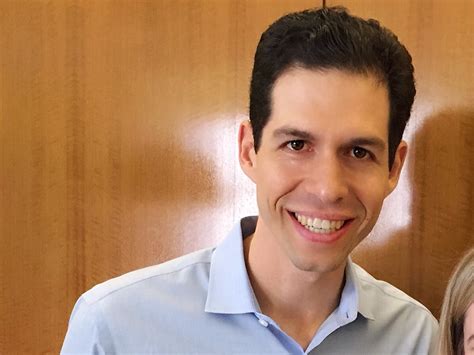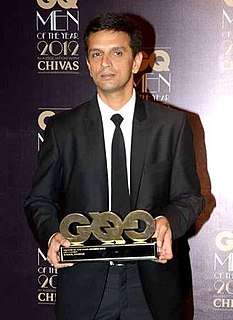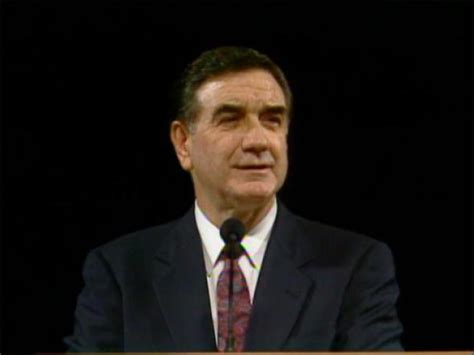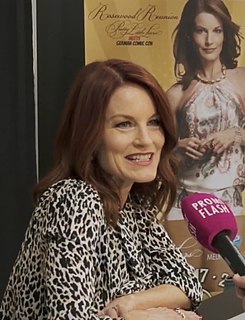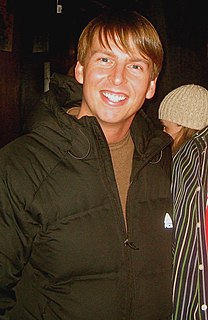A Quote by Daniel Schwartz
Your first job can set the trajectory for the rest of your career.
Related Quotes
I am much more settled in who I am. I think a lot of your 20s is trying to figure out who you are - you're on your own, you've got you first job, you've got your first apartment, you're living away from your parents, you're just discovering who you are. I have deep, long friendships now and real relationships and I am so excited about the rest of my 40s.
Continue to invest in your personal development. Expand your occupational horizons by constant study . . . look to your present job as a stepping-stone along your career path. Take time to think. The dimensions of most jobs are constrained only by the mind of the uncreative worker. I like what one business man counseled: If at first you do succeed, try something harder!!!
If something is important enough to you that you feel the urge to donate your money or time to it, I think it's best to try to express that form of giving through your career, not just as something you do on the side. If you enjoy your volunteering and charitable activities more than your career, it means your career is in serious need of an upgrade. In my opinion your career should be your best outlet for giving.
I started out as a lawyer and came in laterally to Goldman Sachs. So I learned myself that life is unpredictable. That you really should, in terms of your career, try to be excellent at what you're doing. I think if you focus on your job, and you focus on being broad in the context of your job, the next jobs follow from that.
